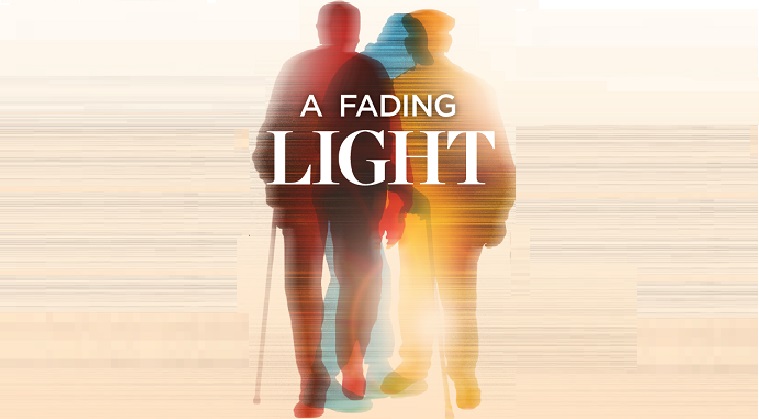A Fading Light: Chapter 5

A discussion of what not to say would surely include the following question about a dementia patient: “Does he still recognize you?”

S
everal years ago, I read an essay written by a cancer patient. I don’t recall the exact details, but the gist was something like this: If a friend didn’t mention her illness, it hurt. If that same friend said she was looking better, she knew she was being lied to. If the friend said she looked tired or pale, it made her more depressed.
The writer concluded by saying that there was very little, if anything, that could be said to a sick person that would not be viewed as uncaring, untrue, unhelpful, or just plain stupid.
The same can be said about someone who is grieving.
The rules of how to behave during shivah reflect a sensitivity and deep awareness of this problem. We’re supposed to wait until the mourner addresses us and take our cue from him or her. We’re instructed that silence in and of itself can be comforting. We’re given specific words to say before we depart.
Although discomfort around caregivers and grievers will never be eradicated, I think it might be ameliorated. Just as there are guides for tourists to aid them when they travel abroad, there should be a guide to conversing with people experiencing adversity. Here’s what I’d include if I were writing that guidebook:
A good thing to say to a sick friend or a well spouse: “I think of you and your spouse often and wish there was something I could do to help. Maybe I could drive you to the hospital / pick your son up from school / prepare a Shabbos meal for you?” This is far better than the formulaic “Please let me know if I can help.” Another possibility: “Do you feel like talking about it?”
To a widow or widower: “I’m so sorry for your loss. I really liked / loved / respected / admired your spouse.”
A discussion of what not to say would surely include the following question about a dementia patient: “Does he still recognize you?” Why is this so frequently asked? It telegraphs the following message: Tell me, with a quick yes or no, leaving out all unpleasant details, is your spouse completely out of it yet?
Another thing I’d advise never asking the bereaved: “Did your loved one suffer?” If someone doesn’t already know the answer to this question by virtue of a close connection to the family, there’s no absolutely no excuse for asking.
The most annoying clichés used to cheer people up are “buck up,” “move on,” and “find closure.”
(Excerpted from Family First, Issue 643)
Oops! We could not locate your form.


